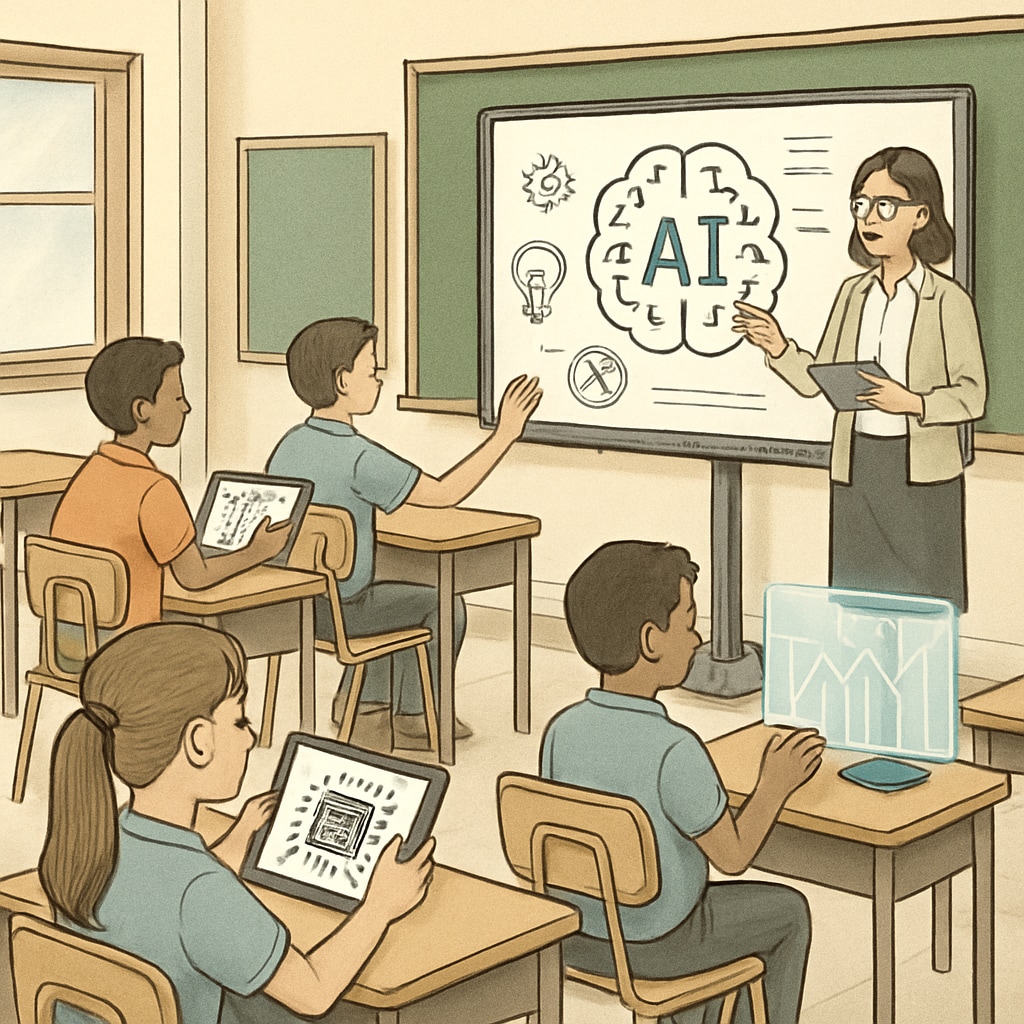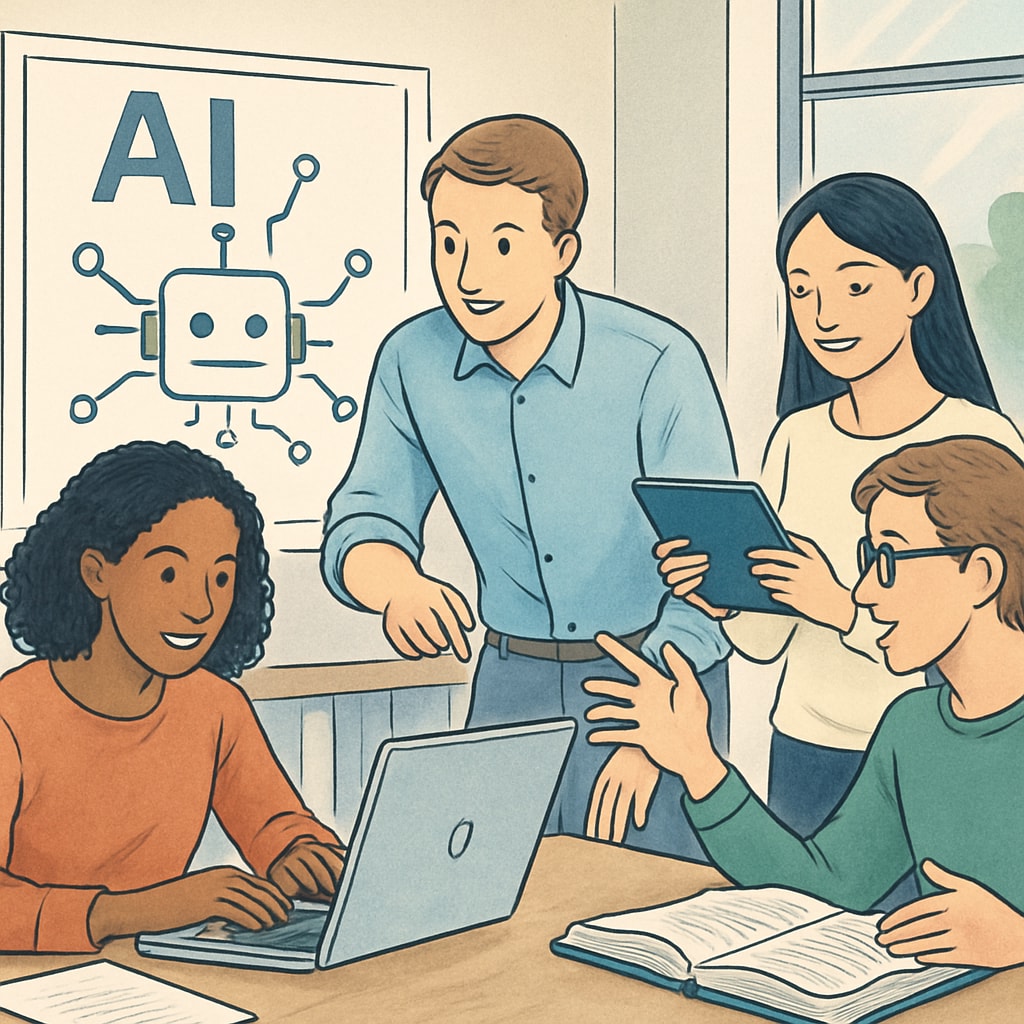The rapid development of artificial intelligence (AI) is reshaping industries worldwide, including education. In this AI-driven era, traditional competitive exams and talent selection methods are facing unprecedented challenges. These conventional systems, once designed to identify high-performing individuals, are struggling to evaluate the innovative and problem-solving abilities required in today’s fast-evolving environment. This transformation calls for a rethinking of K12 education and examination systems to ensure they align with the demands of the AI age.

Why Traditional Competitive Exams Are Falling Behind
Competitive exams have long served as a cornerstone of talent selection, emphasizing rote memorization, standardized testing, and problem-solving within fixed parameters. However, as AI technologies advance, these methods reveal significant deficiencies. For example, AI tools like ChatGPT can effortlessly solve exam questions that rely on formulaic answers, making it difficult to distinguish between human and machine-generated work.
Moreover, traditional exams often fail to measure critical skills such as creativity, ethical reasoning, and interdisciplinary thinking—traits that are increasingly vital in the AI era. As a result, education systems must pivot to more dynamic evaluation methods to prepare students for roles requiring adaptability and innovation.
Transforming Talent Selection in the AI Era
To address these challenges, education systems and competitive exams must evolve. Below are some strategies that could redefine talent selection in the AI age:
- Focus on Holistic Assessments: Incorporate project-based evaluations, group collaborations, and real-world problem-solving scenarios to gauge creativity and teamwork.
- Emphasize Ethical and Emotional Intelligence: Develop testing frameworks that assess emotional resilience, ethical decision-making, and interpersonal skills.
- Integrate AI Tools into Learning: Teach students to work alongside AI technologies, fostering critical thinking about their applications and limitations.
- Dynamic Question Formats: Replace static, predictable questions with scenario-based tasks that require innovative solutions.
For instance, Finland’s education system, known for its progressive teaching methods, has shifted its focus from standardized testing to skill-building and collaboration, offering a promising model for global adaptation (Education in Finland on Britannica).

Preparing Future Generations for AI Challenges
In addition to transforming competitive exams, educators must rethink the broader goals of K12 education. The future workforce will need to possess not only technical expertise but also the ability to adapt to AI-driven decision-making processes. Schools should prioritize fostering curiosity, interdisciplinary learning, and problem-solving skills from an early age. For example, introducing coding, robotics, and AI ethics as foundational subjects can equip students with the tools to thrive in an AI-centric world.
Furthermore, incorporating adaptive learning technologies can personalize education to suit individual student needs. AI-powered platforms, such as Khan Academy and Duolingo, are already demonstrating how personalized learning can improve student outcomes (Khan Academy on Wikipedia).
Conclusion: A Call for Systemic Change
As artificial intelligence continues to permeate every aspect of society, the traditional models of competitive exams and talent selection are overdue for a transformation. Education systems must embrace innovative assessment methods, prioritize creativity and ethical reasoning, and prepare students to leverage AI responsibly. Only by adapting to these evolving demands can we ensure that future generations are equipped to lead in an AI-driven world.
In the AI era, the goal of education must shift from merely selecting high performers to nurturing individuals who can innovate, collaborate, and adapt to complex challenges. This systemic change will not only benefit students but also pave the way for a more dynamic, future-ready workforce.


